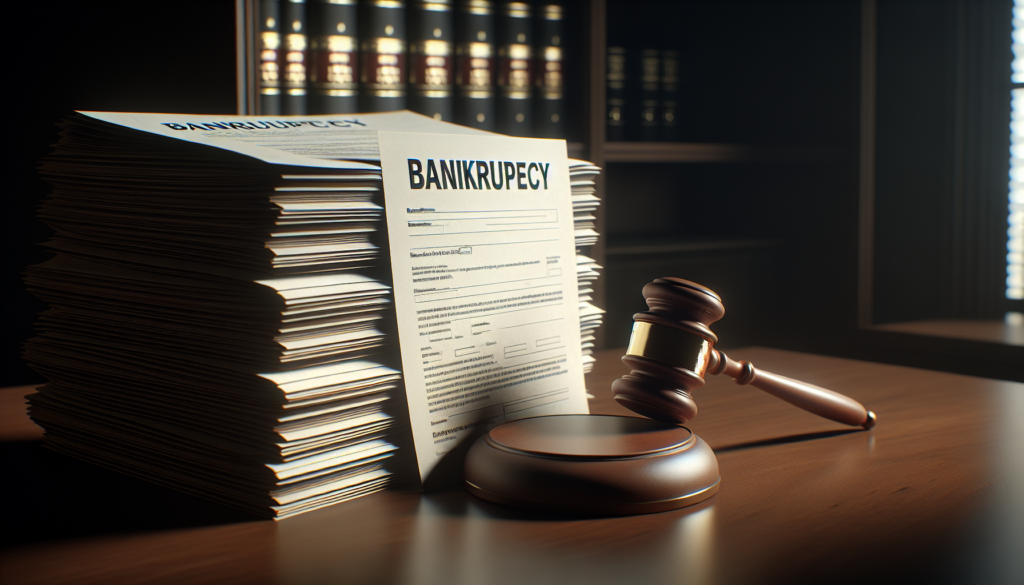
Filing for bankruptcy can be a challenging and stressful process, but it also offers several significant benefits for individuals or businesses facing insurmountable debt. Here are some of the best things about filing for bankruptcy:
- Automatic Stay: As soon as you file for bankruptcy, an automatic stay is put in place. This immediately stops most creditors from pursuing debt collection actions against you, such as lawsuits, wage garnishments, and even harassing phone calls. This can provide immediate relief from financial stress.
- Debt Discharge: Bankruptcy can lead to the discharge of many types of debt. In a Chapter 7 bankruptcy, for example, many unsecured debts like credit card debt, medical bills, and personal loans can be completely wiped out. This can give you a fresh financial start.
- Asset Protection: Bankruptcy laws provide exemptions that can protect certain assets from being seized by creditors. Depending on your state’s laws and the type of bankruptcy you file, you may be able to keep your home, car, retirement savings, and personal belongings.
- Structured Repayment Plan: In a Chapter 13 bankruptcy, you can reorganize your debts into a manageable repayment plan that lasts three to five years. This can make it easier to catch up on overdue payments for mortgages or car loans without losing your property.
- Credit Score Recovery: While bankruptcy does initially have a negative impact on your credit score, it also provides a pathway to rebuild your credit over time. Without the burden of insurmountable debt, you can start fresh and potentially improve your credit score faster than if you continued to struggle with unpaid debts.
- Psychological Relief: The stress of dealing with overwhelming debt can take a significant toll on your mental health. Filing for bankruptcy and knowing that you are taking steps to resolve your financial issues can provide a sense of relief and a chance to start planning for a more stable financial future.
- Stopping Foreclosure and Repossession: Bankruptcy can temporarily halt foreclosure on your home or repossession of other assets. This can give you time to either negotiate with creditors or reorganize your finances to keep your property.
- Professional Guidance: The bankruptcy process involves working with a bankruptcy attorney who can provide valuable advice and guidance. This professional support can help you navigate the complexities of bankruptcy law and make informed decisions about your financial future.
It’s important to consult with a qualified bankruptcy attorney to understand how these benefits apply to your specific situation and to consider all potential consequences before deciding to file for bankruptcy.

Get a Free Bankruptcy Case Evaluation